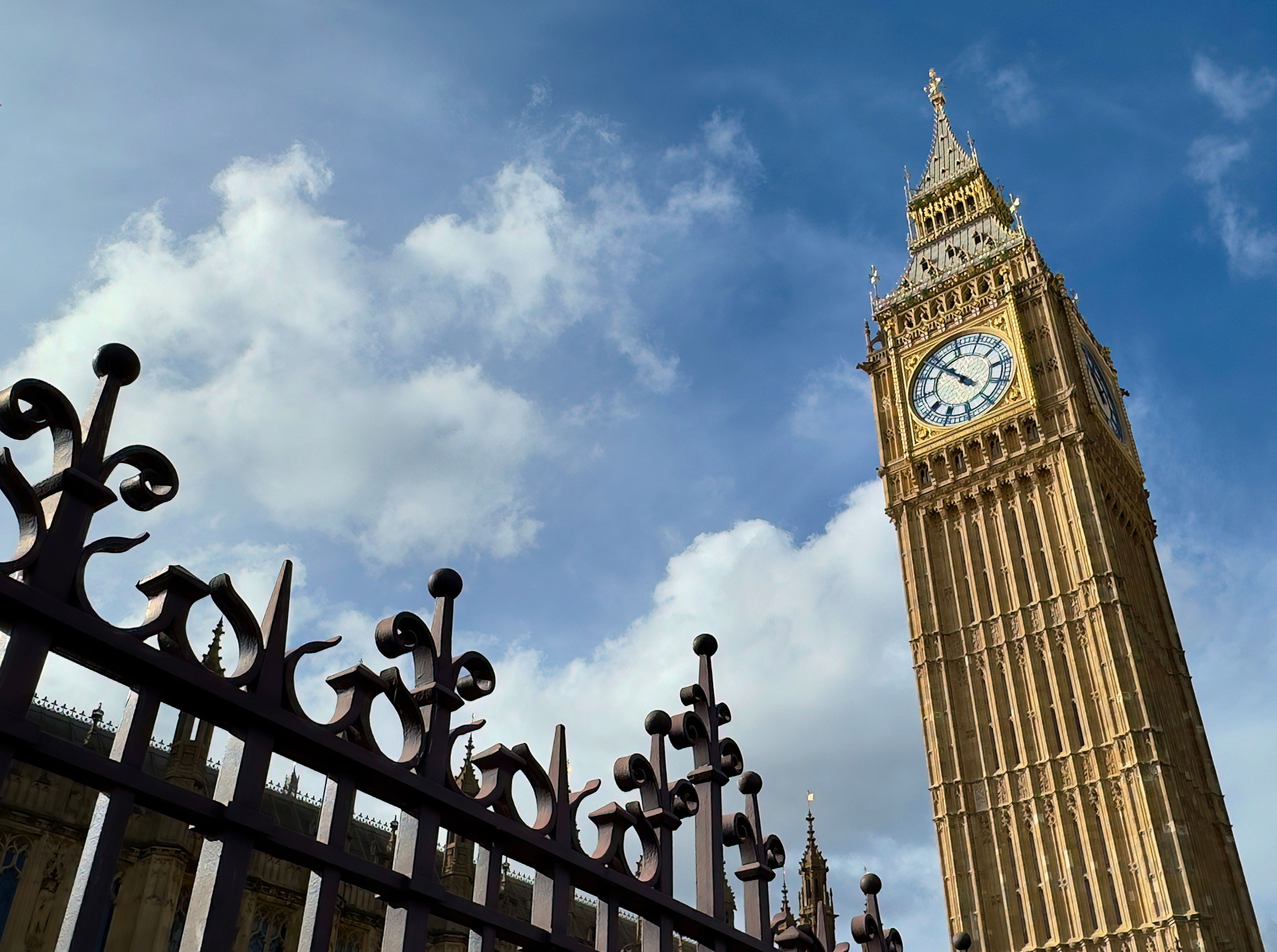Parliament
The UK parliament has two houses, the House of Commons and the House of Lords. Both houses work on lawmaking, scrutinising the work of government and debating policy. The UK is a parliamentary democracy, meaning that the government is drawn from, and regularly answerable to, the houses of parliament. The processes of parliament are crucial to producing the legal and regulatory framework in which materials, minerals and mining industries operate. IOM3 engages with a wide range of stakeholders, including members of parliament, to share the expertise and insights of our members across sectors.

To support our communities to understand the UK parliament and feel better equipped to engage with policy issues, IOM3 has produced an explainer on this topic. This covers key areas of the parliamentary system, including the role of opposition and the importance of cross-party groups.
The resource below is exclusively for IOM3 members. Not a member yet? Join our global community and connect with 22 Technical Communities, access mentoring and professional development, and take your next step towards chartership. With over 150 years of history, we’re here to support your journey and help you make a real difference.


